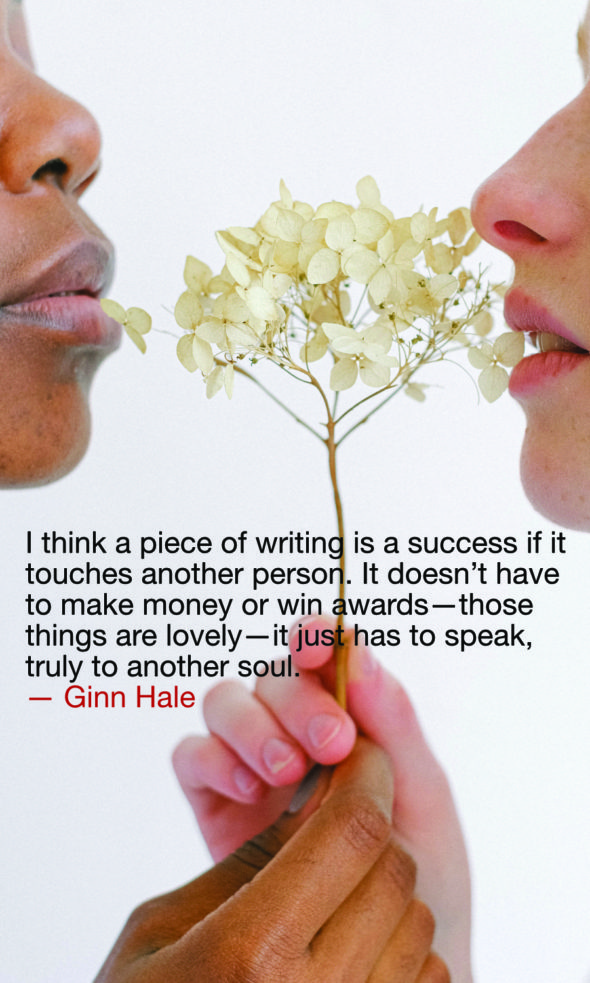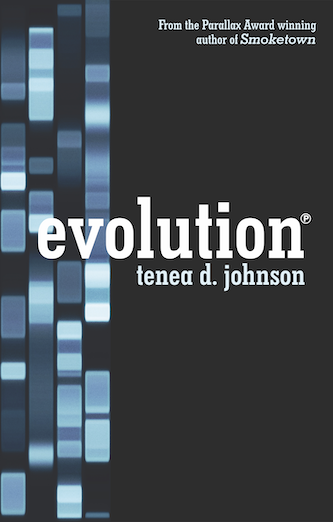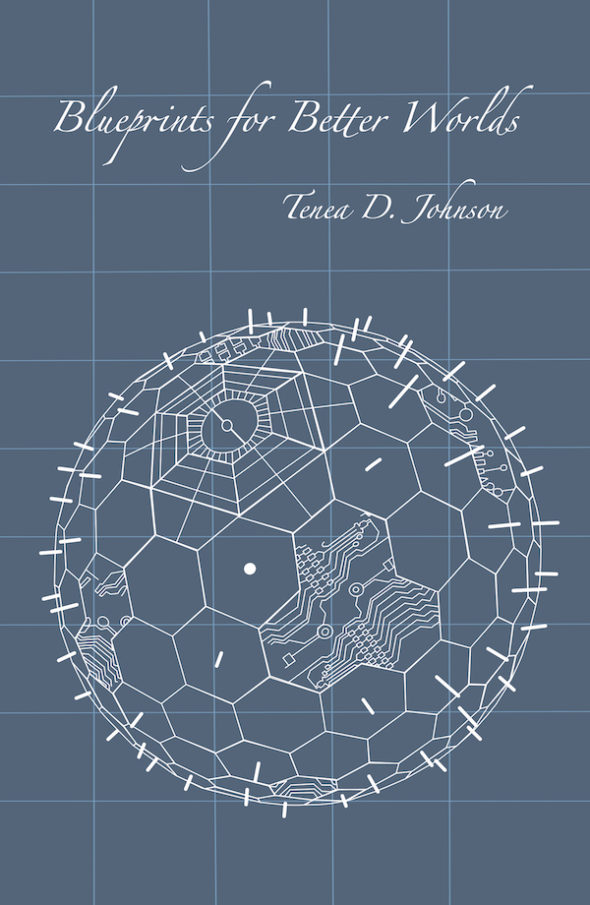3 Minutes with Ginn, Author of The Long Past & Other Stories

Original Photo by Anna Shvets from Pexels
There are only 3 days left for the bundle. So we end the 3 Minutes With series for the Innovative Worlds storybundle on a warm and wonderful note, with the incomparable Ginn Hale who shares her insightful views on necessary innovation, speculative fiction’s roles and gives us a glimpse into her writing life.
What innovation do you think the world most needs right now? The US?
GH: Hmm that’s a tough question—but fascinating.
Pondering it, I just realized that I often limit my idea of innovation to science alone. DNA sequencing, processor speeds, artificial intelligence, gene therapies… But innovations in social values and laws— Civil Rights, Gay Rights, Women’s Rights, the passage of the ADA—are the ones that have most improved my own life and the lives of my friends and family.
It doesn’t matter what great scientific leaps we make if they only serve to prop up inequitable societies.
Looking at it that way maybe the world might benefit most from a new economic ideal. Because right now, the most powerful nations seem driven by their economies and the current systems appear to foster worldwide inequity, reward the human exploitation and the destruction of the environment. We measure nations in terms of GDPs and devalue individuals as if they were nothing but credit scores and interest rates. When in reality our natural world and the people we share it with are the very things that enrich each of our lives the most.
What we badly need is a new concept of wealth—one that is measured by community wellbeing, human equity and environmental health.
I don’t know how such an economy would function. What would commerce look like within it? That’s where the spark of inspiration and innovation are needed—but I’d be truly excited to find out.
Does speculative fiction have a role in innovation? If so, what is it?
GH: I think that it does. I know people often cite occasions when fiction has inspired people to realize an invention or a profession. But I think fiction—particularly fantastical and speculative fiction, encourages innovation in another way as well. It helps them imagining the improbable and impossible as achievable possibilities. When readers engage with speculative fiction they practice thinking beyond the world they know to explore new paradigms. They experience alien problems and otherworldly solutions. And above all, they get to enjoy that sense of engaging with the new, unknown and unexpected. All of which, I believe, fosters a greater comfort and excitement with original concepts and innovations.
What’s on your desk?
GH: A cat. Beneath it, I can just about see my keyboard. ☺
Why this story?
GH: Because it’s the story my wife asked for. She wanted a fantastical take on the American west, where she grew up. But one that reflected the actual diversity of our friends, families and their histories… And then she threw in the request for dinosaurs! ☺
Name one darling you killed before the final draft.
GH: I desperately wanted to include a section following the adventures of “Lady” Honoria Aster, a genderfluid, 50 year-old mage and secret agent, who makes an appearance in the first section of the collection. But in a book already brimming with dinosaurs, magic and clockwork, Honoria’s trek around the world and steady transformation from spy to rebel would have filled at least one entire volume all on its own. I couldn’t make it fit, no matter how much I trimmed. So, in the end, I had to settle for mentioning the publication of H. Astor’s memoirs in the third section—maybe just to assure myself that they might someday become a reality. ☺
How do you measure writing success?
GH: I think a piece of writing is a success if it touches another person. It doesn’t have to make money or win awards—those things are lovely— it just has to speak, truly to another soul. A piece of writing can be a success even when it’s nothing more than text from my wife, telling me that she’s on her way home and that she loves me.
Do you have any writing tics?
GH: Oh yes… So many that I sometimes fear that I’m just a collection of tics, that my genius editors manage to trim into the guise of a real and whole writer. ☺
What influences your work? People, other fields, other authors, events, histories?
GH: I love science and the natural world. My Instagram is mostly pictures of plants I’ve encountered on my various rambles. My poor wife has to put up with an ever-expanding tree—named Mike—that has lived and moved with us for the past 25 years. Those things are what most inform the settings of my stories. The characters however are nearly all based on people in and around my community.
What is it about books that fascinates you?
GH: Maybe it’s because I’m dyslexic and reading has been such a hard-won skill for me, but I retain a real sense of wonder about books, and written words in particular. For the longest time books were these opaque objects–collections of pages decorated with a variety of repeating marks. Puzzle boxes, that I couldn’t figure out but every time I picked one up I could feel something secret, something amazing rolling around inside.
I remember struggling to make all the little symbols stay in place and tell me their names. It was so frustrating to fail again and again, but also so enticing to know that there might be wonders hidden in these tomes, if only I could understand them.
Then came that instant of astounding transformation—a day when those marks and their arrangement suddenly spoke to me, without making a sound. I read a word and it lit a vision in my eyes as I looked at it. I felt the faintly pebbled surface of eggshell, still warm from beneath a hen’s body. It felt like a feat of pure magic.
Of course now I feel a little embarrassed to admit that reading the three-letter sequence ‘E-G-G’ moved me to tears. But the truth is that instant felt so astonishing, so triumphant, that the sense of wonder has never completely left me. Even now I find myself gazing at some random books on a library shelf and being filled with fantastic anticipation for all the ideas, images and sensations that they might gift me if I choose to open one of them.
And when I write—as slowly as I do—I always hope that someday one of my stories might provide the same magical experience for someone else.




